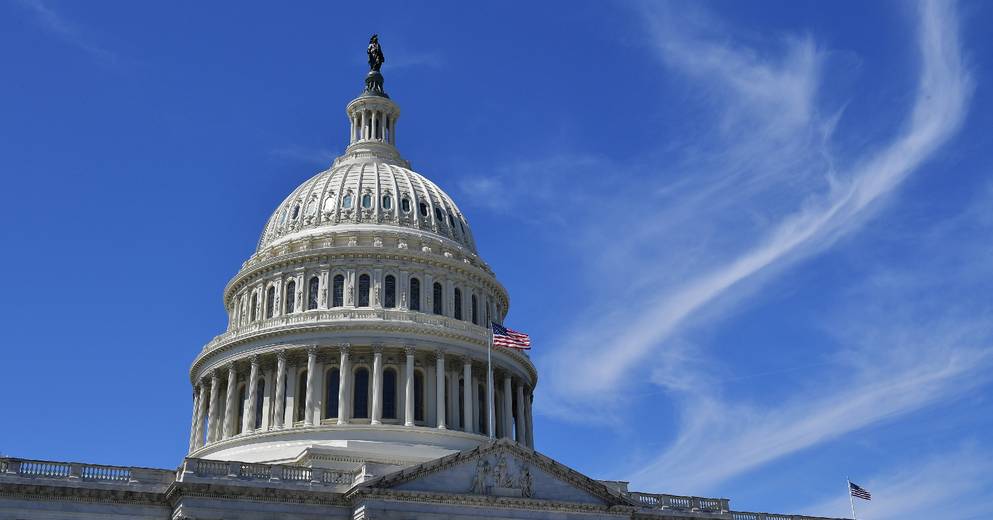Again, passengers at German airports had to endure longer waiting times. However, there was no major chaos or frustration: In most cases, people were understanding, patient and well prepared, a federal police spokesman said Saturday.
At Frankfurt airport, trials were again delayed, some significantly. A spokeswoman for airport operator Fraport described the situation on Sunday as “tense”. There were long wait times. There were rumors that there would be no regular operations on Sunday.
Queues formed at all stages of the passenger process: at check-in, security checks, departure, arrival and baggage claim. There were delays on Saturday, especially at baggage claim. However, the feared chaotic conditions did not materialize this weekend, the Fraport spokeswoman said.
Third holiday weekend in NRW
Even on the third bank holiday weekend in North Rhine-Westphalia, passengers at Cologne/Bonn and Düsseldorf airports have to endure longer waiting times.
At the weekend there was a waiting time of around two and a half hours at the security checkpoint at Cologne/Bonn airport, after which it relaxed again, a federal police spokesman said. According to the airport, distressed guests remained patient, everything went smoothly and orderly.
A Düsseldorf spokesman reported something similar. Long queues formed at the airport early Saturday morning but had already disappeared by 6am. Everyone remained calm, so there was no chaos on the third NRW holiday weekend.
A total of around 179,000 passengers are expected at Düsseldorf Airport over the weekend and just over 100,000 travelers will be handled at Cologne/Bonn. Despite the longer waiting times, all passengers in Düsseldorf reached their plane on time, the airport spokesman said.
BER manages the first operation at full load
The first wave of holidaymakers at Berlin Airport also went on holiday without major problems. In Berlin and Brandenburg, the holidays began on Thursday. Friday was the busiest day at BER since it opened. Operators were expecting 80,000 passengers in one day for the first time. Those responsible assume a total of 130,000 passengers for Saturday and Sunday.
The fully loaded operation was mostly uneventful and orderly, an airport spokesman said. Both terminals were full, especially on Friday morning, but the queues quickly broke down. Approximately 500 takeoffs and landings occurred via BER on the main travel day. Six flights were canceled at short notice, including two in the morning.
It was a “normal day off,” the spokeswoman said. “Our BER team is on the go to help and talk to people, for example at self-service machines during check-in, and then support them.”
By the end of the holidays on August 21, operators expect up to three million people at Schönefeld Airport. During the last pre-Corona summer holidays in 2019, there were still around five million passengers at the then Tegel and Schönefeld airports.
Morning run in Hamburg
At Hamburg airport, passengers had to wait around 90 minutes for the security check, a federal police spokesman said. According to information, the longest waiting times in the morning were between 4 and 5 am.
Just like on Saturday, 140 take-offs and 140 landings were expected at Hamburg Airport on Sunday. The summer holidays are already here in Hamburg, Schleswig-Holstein and Mecklenburg-Western Pomerania. Lower Saxony will follow on July 14th.
It remains to be seen whether it will stay this quiet over the next few weeks. In most locations there are almost no buffers when it comes to ground service provider personnel. Spontaneous reports of illness can quickly lead to flight delays and cancellations.
From Thursday companies can also hire foreign temporary workers, especially from Turkey. The federal government had granted a corresponding permit on Thursday, limited to three months.
Airports in Saxony consider themselves well prepared
With just under a week until the start of the summer holidays in Saxony, the airports in the Free State are also feeling well prepared. Mitteldeutsche Flughafen AG announced on request that there were no bottlenecks in management and service personnel.
At Leipzig/Halle and Dresden airports, there have been no layoffs of care and assistance personnel during the pandemic, spokesman Arne Schwerin said. “That’s why no additional foreign workers are needed at the moment.”
The reason for the good location, in contrast to other German airports, was that a zero round was agreed with the employees during the pandemic. On the other hand, as Germany’s second largest freight hub, Leipzig/Halle is an important transshipment point for medical supplies such as corona tests or protective equipment. “We needed every helping hand to handle the hundreds of additional flights during the pandemic,” Schwerin explained.


